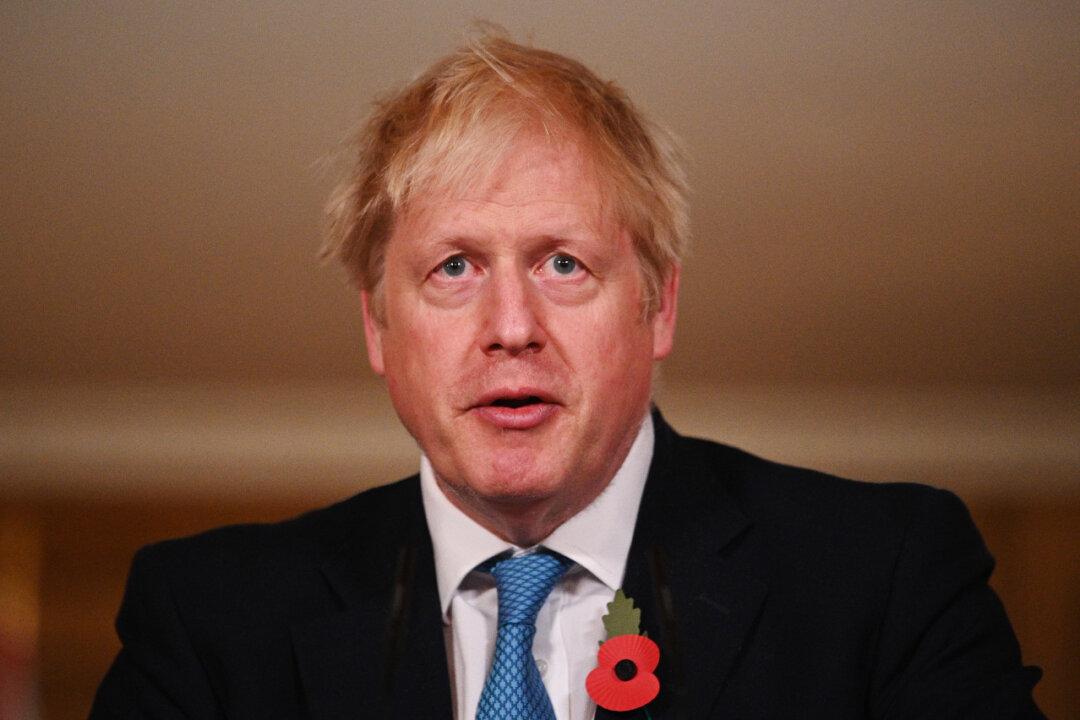Prime Minister Boris Johnson has announced the formation of the new National Cyber Force (NCF), which will transform the UK’s cyber capabilities to disrupt adversaries and keep the country safe.
The NCF will conduct cyber operations to disrupt hostile state activities, counter terror plots, and support military operations, Johnson said in a speech on defence spending on Thursday.





